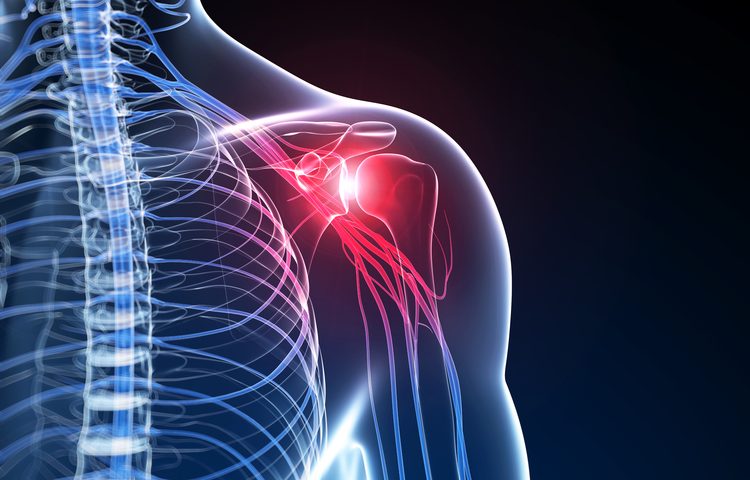
What do we mean by Bicipital tendinitis?
Bicipital tendinitis is a common shoulder pathology which that sometimes develops in younger athletic population due to repetitive overhead injuries. Lifting, pulling, reaching, or throwing repeatedly can lead to bicipital tendinitis or even tears of the upper biceps tendon. The patients of Bicipital tendinitis usually suffer pain, lesser range of motion & strength and impaired functional mobility. Biceps tendonitis results due to the repetitive stress which leads into inflammation or irritation of the upper biceps tendon. This pathology develops over the time with pain located at the front of the shoulder. Bicipital tendinitis is common amongst the athletes involved in swimming, throwing, gymnastics and other contact sports. Workers who are involved in overhead shoulder work or heavy lifting are at greater risk.
What causes Bicipital tendinitis?
What are the signs and symptoms of Bicipital tendinitis?
Why Physical therapy for Bicipital tendinitis?
Physical therapy treatment has mainly been aimed at controlling this inflammation. SOS PHYSIO’s physical therapist will work with you to develop an individualized plan tailored to your specific shoulder condition and your goals. There are many physical therapy treatments such as Manual therapy & Active Release Techniques (ART) that have been shown to be very effective in treating this condition.
For more information- Contact your local SOS PHYSIO clinic.